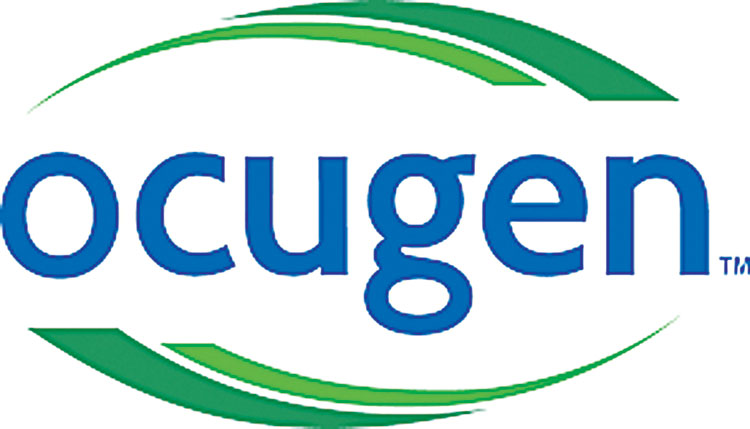Hyderabad, Jan 14 (FN Agency) Ocugen, a biopharmaceutical company focused on discovering, developing, and commercializing novel gene and cell therapies and vaccines, on Monday announced positive results from the Phase 2/3, observer-blind, immuno-bridging and broadening study of its COVID-19 vaccine candidate, COVAXIN (BBV152), a whole-virion inactivated COVID-19 investigational vaccine candidate that uses the same vero cell manufacturing platform that has been used in the production of polio vaccines for decades. COVAXIN, an inactivated virus vaccine adjuvanted with TLR7/8 agonist, has been demonstrated in clinical trials to generate a broader immune response against the whole virus covering important antigens such as S-protein, RBD, and N-protein; whereas currently approved vaccines in the U.S. target only S-protein antigen, according to biopharma company. Additionally, in contrast to other inactivated vaccines, clinical trials have demonstrated that TLR7/8 aganist adjuvant in COVAXIN generates a Th1-biased immune response that induces robust long-term memory B- and T-cell responses. “The successful completion of this study represents an important milestone to the ongoing management of COVID-19,” said Dr. Shankar Musunuri, Chairman, Chief Executive Officer, and Co-Founder of Ocugen. “Given that a portion of the public remains hesitant to receive mRNA vaccines, this investigational COVID-19 vaccine candidate, which relies on a well-established approach to vaccine development and manufacturing, may provide an important additional vaccine option.”
This study enrolled 419 U.S. adult participants that were randomized 1:1 to receive two doses of COVAXIN™ or placebo, 28 days apart. Blinded safety results and preliminary unblinded immunogenicity results are available through Day 56, one month following the second vaccination. Immunogenicity results from COVAXIN™-vaccinated participants in the U.S. were compared with results in COVAXIN™-vaccinated participants in the Bharat Biotech International Limited (Bharat Biotech)-sponsored Phase 3 study in India (Clinicaltrials.gov NCT04641481). Approximately 24 percent of tested participants in the U.S. were vaccine-naïve while all participants in the Bharat Biotech Phase 3 study were vaccine-naïve. Immune responses were adjusted for differences between the U.S. and Indian cohorts in baseline neutralizing antibody, body mass index, gender, and age. Both co-primary immunogenicity endpoints were met, with the 95 percent confidence interval (CI) for the propensity score-adjusted geometric mean titer ratio (U.S./India) well above the non-inferiority limit of 0.667 and the 95 percent CI for the propensity score-adjusted difference in seroconversion rates well above the non-inferiority limit of -10 per cent. Blinded safety data are also available for one month following vaccination. There were no deaths, related potential immune mediated medical conditions (PIMMCs), or related adverse events of special interest (AESIs).
There were also no cases of myocarditis, pericarditis, thrombotic events, or Guillain-Barré syndrome. Thirty medically attended adverse events in 18 subjects and two serious adverse events (SAE) in one subject were reported, and all were considered unrelated to vaccination. “These positive data represent an important step in the management of the ever-evolving COVID-19 pandemic,” said Dr. Eric Feigl-Ding, epidemiologist and health economist, Chief of COVID Task Force at the New England Complex Systems Institute, Co-Founder of the World Health Network, and the Chief Health Economist for Microclinic International. “The need for different vaccine approaches to COVID-19 has become critically apparent with the continued emergence of variants to the SARS-CoV-2 virus.” The top-line data from the immuno-bridging and broadening study will be critical to support Ocugen’s future plans for the development of COVAXIN™ in the U.S. Hyderabad-based Bharat Biotech’s Covaxin, India’s indigenous Covid-19 vaccine was developed in collaboration with the Indian Council of Medical Research (ICMR)-National Institute of Virology (NIV).

